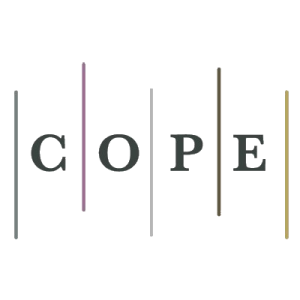2338 Views | 6609 Downloads
Meeting the Need of Help-seekers with an Empowerment Model: A Shift in Emotional Wellness
Rosenna Bakari, PhD
Keywords:
Help-seeking, Mental Health Counseling, Trauma-informed, Cognitive Psychology, Emotional Wellness Support |

|
Abstract:
Only time will tell the long-term outcomes of the pandemic on mental health based on the increase in treatment for substance addiction, depression, anxiety, and chronic mental illness flare-ups. However, the shift in how helping professionals respond to help-seekers was one significant outcome. The volume of tele-mental health services was unprecedented during the pandemic. Unfortunately, many clinicians were not trained to provide online support and suffered burnout from the demand. There is no doubt that the field of mental wellness is subjected to the dictates of virtual demands like the rest of the world. In such a case, the permanence of the online delivery response to help-seeking should be supported by online models of delivery. This article outlines an approach to mental wellness using an empowerment model developed by the author. The Empowerment Model of Emotional Wellness was designed as an online delivery product prior to the high demand for online service. It is not a response to COVID quarantines. Instead, it is a response to the need to remove help-seeking obstacles. The Empowerment Model of Emotional Wellness offers a prescribed curriculum to increase the efficacy of the practitioner and maximize the therapeutic value for the client. Its aim is to neutralize the negative power dynamics between client and practitioner, and reorient clients to their inner world using experiential processes.
Download Full PDF



